
For the past two decades, business has lived under a spell — the belief that technology is the ultimate disruptor. We’ve worshipped at the altar of innovation, measuring success by how quickly we could automate, digitise, and optimise. Tech has indeed changed the way we live, work, and connect. But here’s the inconvenient truth: In the next decade, technology won’t be the competitive advantage. Trust will.
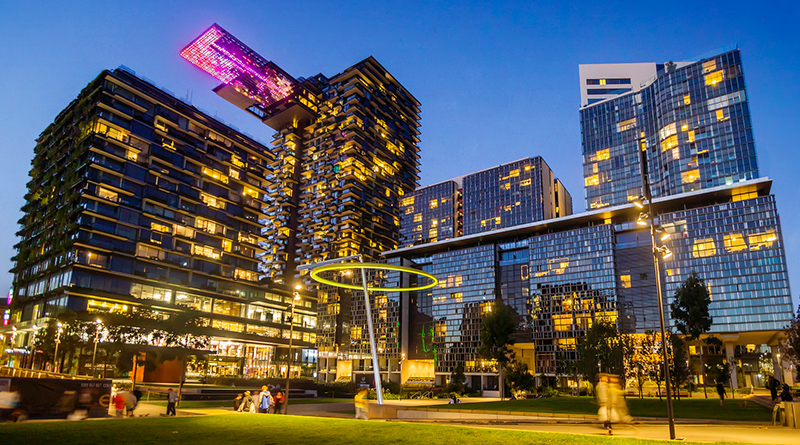
From architecture to public space, a new wave of human-centered design is redefining urban life—and it’s happening faster than most people realize.
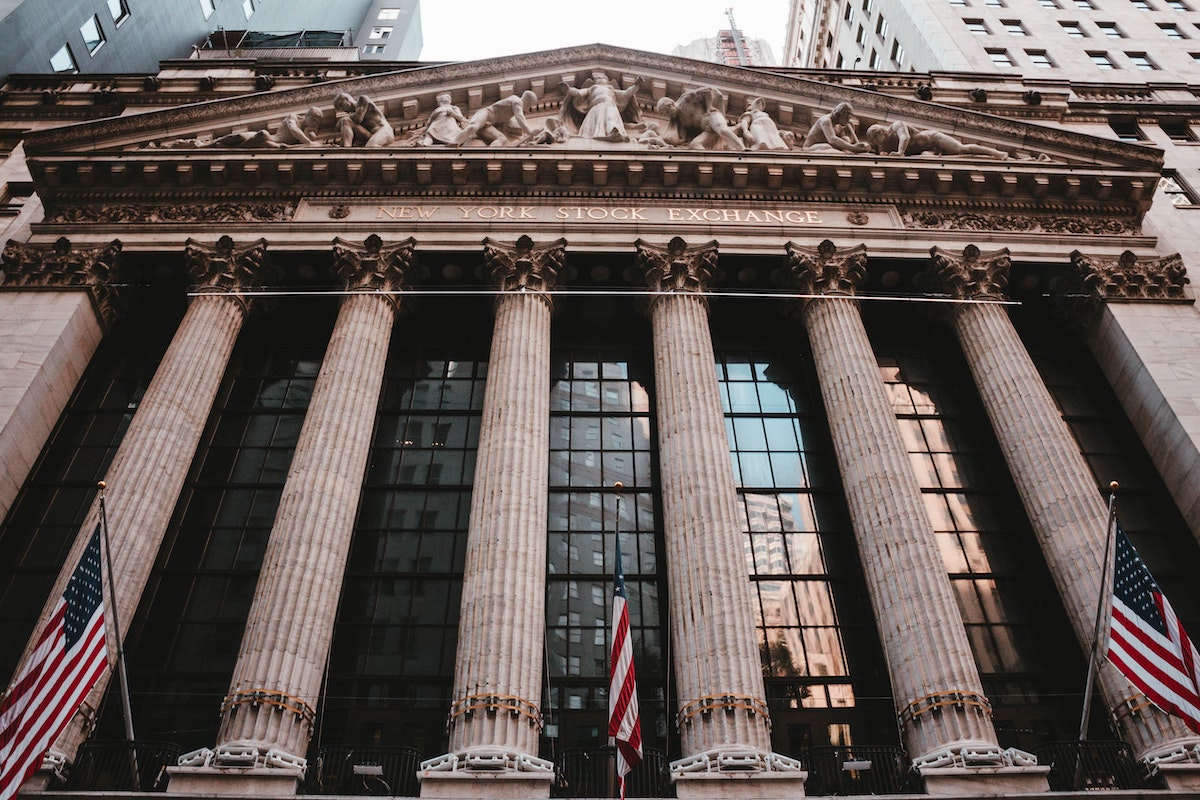
Rising costs aren’t just about numbers—they’re a mirror of deeper economic and social shifts. Here’s what they reveal, and why they matter now more than ever.
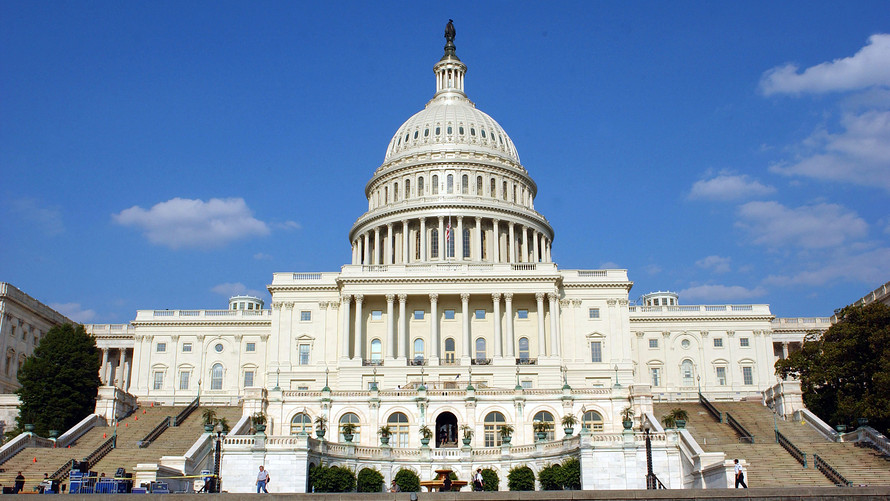
Most people think of legislation as a series of dry, bureaucratic steps. A bill is introduced, debated, amended, and eventually passed. But real legislative power is exercised in the shadows — in late-night negotiations, whispered committee deals, and amendments slipped into thousand-page bills that few read in full.

Inflation may dominate headlines, but behind the scenes, deeper structural forces are influencing markets, investments, and personal wealth in ways few are prepared for.

The digital landscape isn’t static. While most businesses proudly cling to the same three-year-old “conversion playbook,” the actual battlefield has moved. Algorithms change. Consumer psychology shifts. Competitors experiment. And quietly, a handful of players are rewriting the rules while everyone else sleeps.
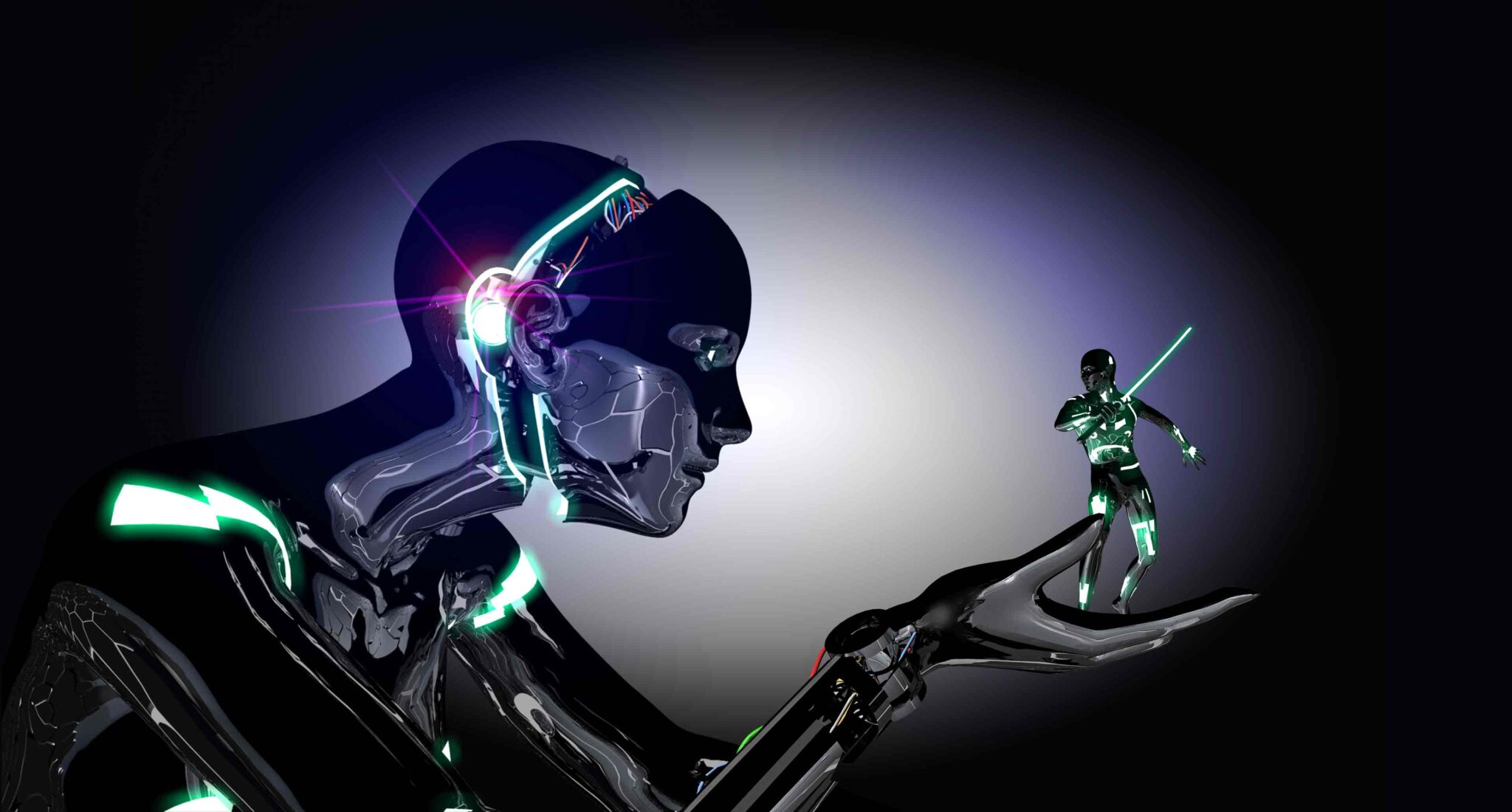
Every click, scroll, and pause you make is teaching a machine what stories to serve you—and which ones to bury. The result? Your version of reality isn’t the truth. It’s the feed.
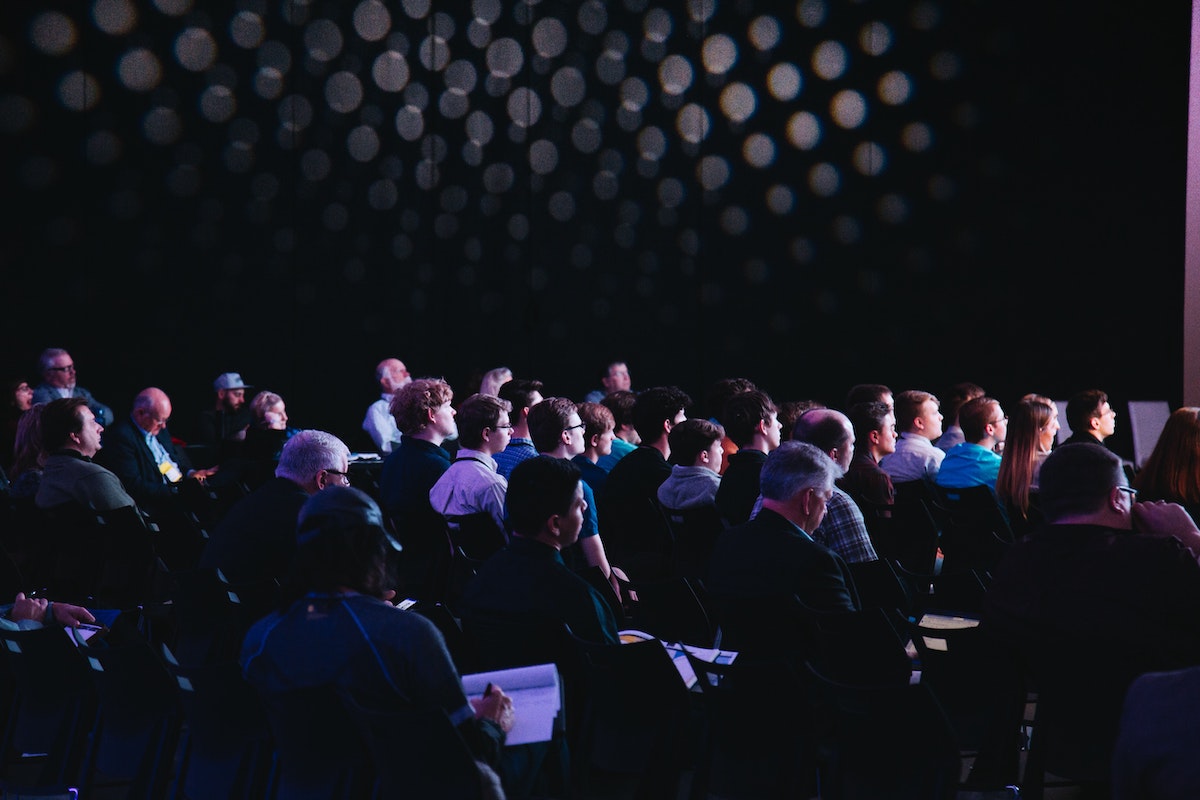
Now? The lobby chatter is back. The name badges are swinging again. And the quiet deals that change industries are once more being inked over too-strong coffee at 7:45 a.m. in five-star hotels.

In boardrooms and pitch decks, “returns” is usually shorthand for money. But in 2025’s investment landscape, the currency of return is shifting—sometimes subtly, sometimes violently.

Advances in precision medicine and lifestyle science are moving us closer to a future where aging is not just slowed, but redefined. The key? Health span over lifespan.